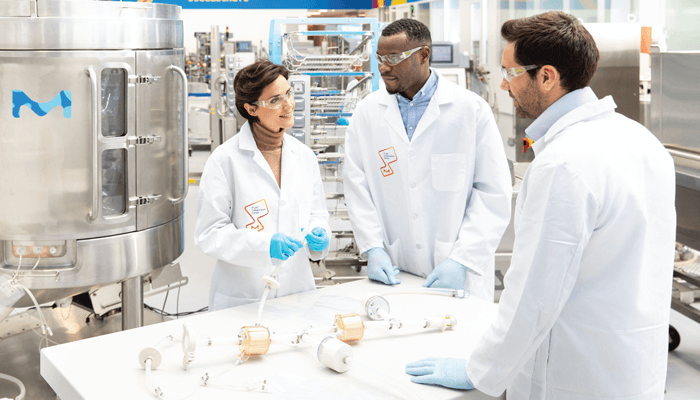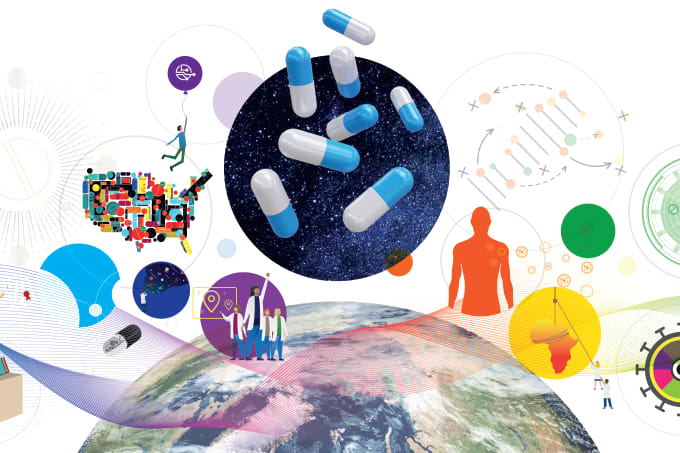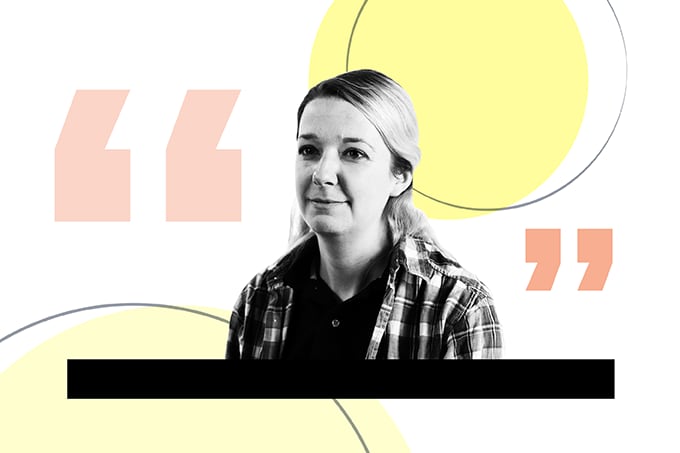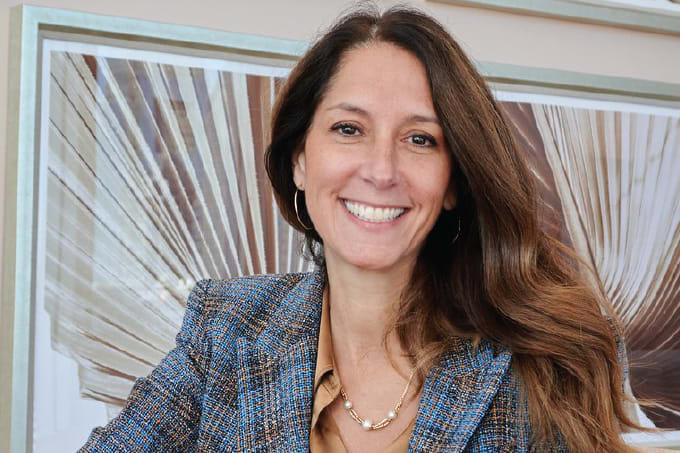Many of the world’s biggest gene therapy producers are based in the US or Europe, but what does that mean for patients across the globe? SaudiVax, based in the Kingdom of Saudi Arabia, aims to increase access to gene therapies and other key biologics for patients in the Middle East and North Africa. To achieve this goal, the company is working with MilliporeSigma to design a state-of-the-art manufacturing facility. Here, we speak with Mazen Hassanain, Managing Director at SaudiVax, and MilliporeSigma strategy consultants Ratish Krishnan and Nargisse El Hajjami to find out more.
Why is it so important for SaudiVax to bring cell and gene therapy to the Middle East and North Africa?
Hassanain: There are major unmet needs related to diseases that are either endemic or common in the region but not necessarily of high interest to multinational biotechnology companies. At SaudiVax, we are working hard to attract and recruit talent who can help us close that gap – supporting the region by developing cutting-edge therapeutics based on the most up-to-date scientific knowledge, regulations, and manufacturing technologies.
In the region, consanguineous marriage is common. It is socially and culturally acceptable. However, this has resulted in clusters of certain genetic diseases – not all of which are well known in the international arena. The kingdom’s genomics scientists have shared their insight in some of the world’s major genetic journals; as a result, we have discovered genetic mutations that are commonly inherited among certain families in the region. Gene therapy is a potential solution to some of these chronic illnesses, so there is a great deal of interest in establishing development and manufacturing capacity. Of course, building such capacity is a highly complex endeavor – and that’s why we are leaning on collaborations, including our partnership with MilliporeSigma.
How did SaudiVax and MilliporeSigma come to collaborate?
Hassanain: I first met the MilliporeSigma team around three years ago – and since then we have been learning more about one another. We have conducted workshops together in the region, and built bridges between our different teams in engineering, science, manufacturing, regulatory, and more. We’ve also been connecting with different stakeholders in the kingdom, including the government and regulators.
We’ve already collaborated on projects, including the first cell and gene therapy feasibility study, which showed how such an industry could bring value to both patients and corporations. We’ve now signed a detailed letter of intent whereby MilliporeSigma will be supporting SaudiVax in the establishment of its facility here in Saudi Arabia, which will become a regional cell and gene therapy hub. Our journey will demand a combination of designs, facility, equipment, people, and regulatory experience – and MilliporeSigma will be supporting us in all of these aspects.

How exactly will MilliporeSigma be supporting those aspects of the project?
Krishnan: When we met Mazen’s team through our commercial lead in KSA and learned more about SaudiVax, we realized they had an impressive objective to accomplish as part of Saudi Arabia’s Vision 2030. We pride ourselves in solving our customers’ toughest and most complex problems in bioprocessing. MilliporeSigma has the products required for these processes, including purposebuilt-products for cell and gene therapies or viral vector manufacturing, as well as fit-for-purpose products– such as technologies that have been built for traditional bioprocessing for monoclonal antibodies (mAbs) and vaccine modalities which can also benefit gene therapy manufacturing. We also provide services in characterization, cell banking, and testing, as well as the manufacturing angle with our CDMO which makes MilliporeSigma a strong partner in commercializing these therapies.
We look at cell and gene therapy from a holistic point of view; success to us is not just about providing products and services. We also cherish our relationships with customers, who see us as a partner in their commercialization plans, rather than as a vendor they have a transactional relationship with.
El Hajjami: Ratish summarized it very well. More generally, our main focus is to empower the cell and gene therapy field and to support localization. Over the years, we’ve formed many collaborations with industry stakeholders, institutes, and research labs to support the continuing R&D, process development and manufacturing of these novel therapies.
Crucially, we can support customers in all aspects – from the design of the facility with all necessary equipment through to running the facility. This can include cell line development, all the different process development steps, and optimization of the overall process as well as testing services, regulatory guidance and consultancy. Key is our ability to share our broad process expertise via technology consulting, education, and training. Cell and gene therapies are new, so it is vital to build local expertise and train the trainers, who can then continue to transfer knowledge throughout the region.
Hassanain: The end-to-end approach that MilliporeSigma provides is, put simply, what differentiates a strategic partner from a simple vendor. When I first met MilliporeSigma, I explained that we were not looking for vendors – we were looking for partners. Our project is not just about acquiring services and equipment; we need to consider every aspect, including people, skills, processes, techniques, and technology – and a facility that is adaptive continuously developing technology. I admit that it is a complicated mission and many companies in the world are competing to be at the frontier of the gene therapy industry. SaudiVax strives to be the leading company from the MENA region. Strategic partnerships are important to not only make the project a success, but to ensure it sustainability and adaptability to serve the healthcare systems as they evolve.
How is gene therapy perceived in the Middle East?
Hassanain:With the recent breakthroughs, there are high levels of excitement; and the interest is huge! And the potential demand for gene therapies is really beyond imaginable at this point as a result of the development work being done with gene therapy in North America, Europe, and other countries which is inspirational. Of course, there are some concerns around access. And some members of the public have also been worried about scientific safety – but this is alleviating as time goes on and as more therapeutics are released. Ultimately, multiple pathologies could be completely eradicated with gene therapy. And that’s not just exciting for patients but also for healthcare providers and payers.
El Hajjami: The demand and interest in cell and gene therapies in the Middle East region is really high because of the genetic diseases experienced by the population. It’s fantastic to see companies like SaudiVax thinking outside of the box and working to localize such novel therapies and develop the necessary knowledge and expertise. We are very happy to support them in their endeavour.
Krishnan: I don’t think the excitement is limited to the Middle East region – globally, gene therapies are heralded as potentially curative and a true sense of hope to patients suffering from rare and ultra-rare diseases! Gene therapies represent an area of high investment year over year, and viral vector bioprocessing continues to advance. I also think the COVID-19 pandemic has helped all of us better understand the importance of localization in manufacturing. The Middle East, like most regions, has perhaps been dependent on supply from other countries in the past, but the scenario is changing gradually. MilliporeSigma has a great deal of experience in bioprocessing and we hope that this helps companies like SaudiVax leapfrog some of the learning curves to quickly commercialize high-quality therapies to patients in need.
MilliporeSigma is the U.S. and Canada Life Science business of Merck KGaA, Darmstadt, Germany.





